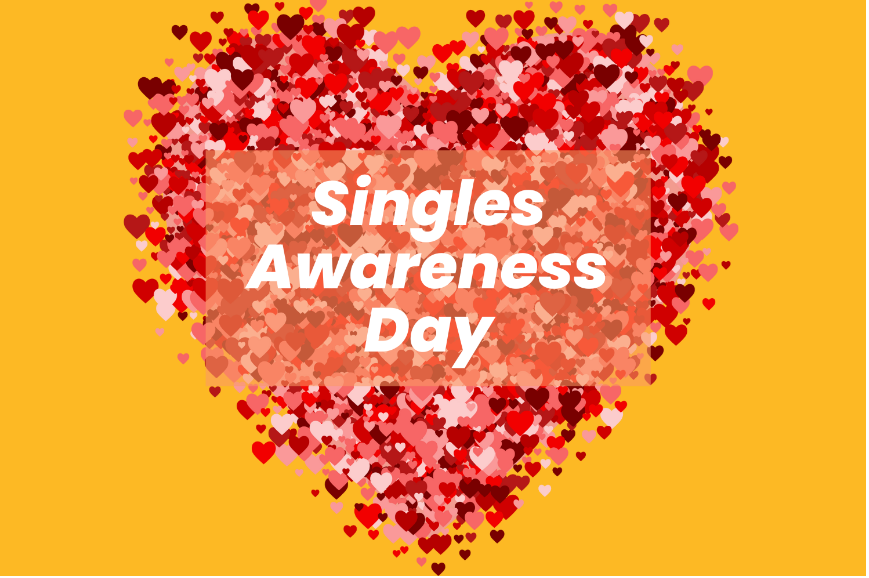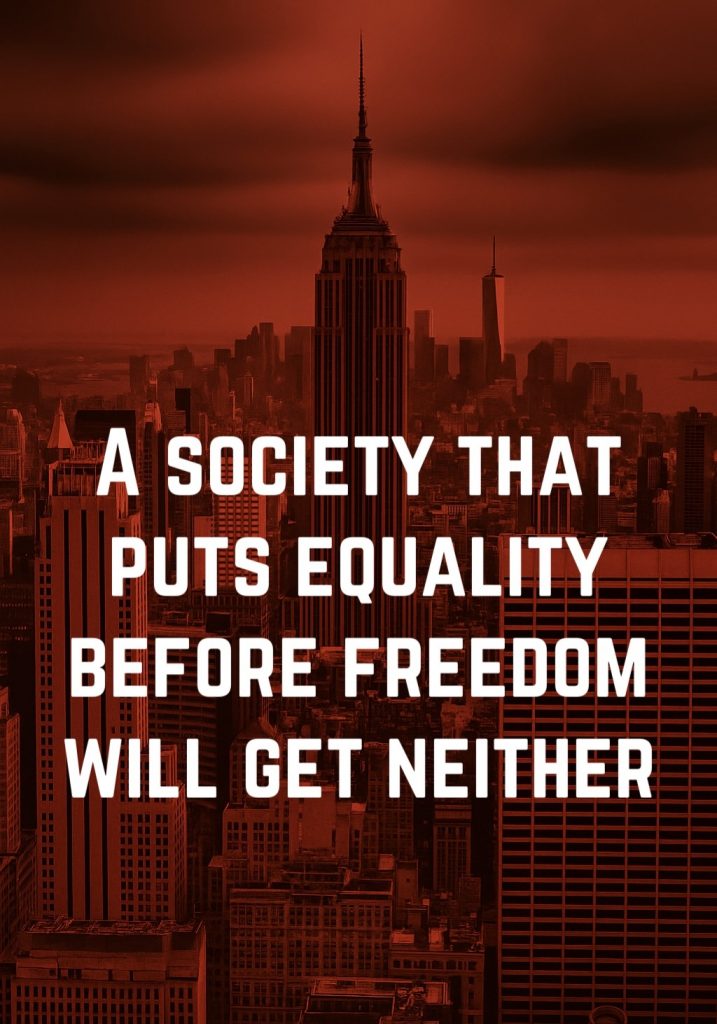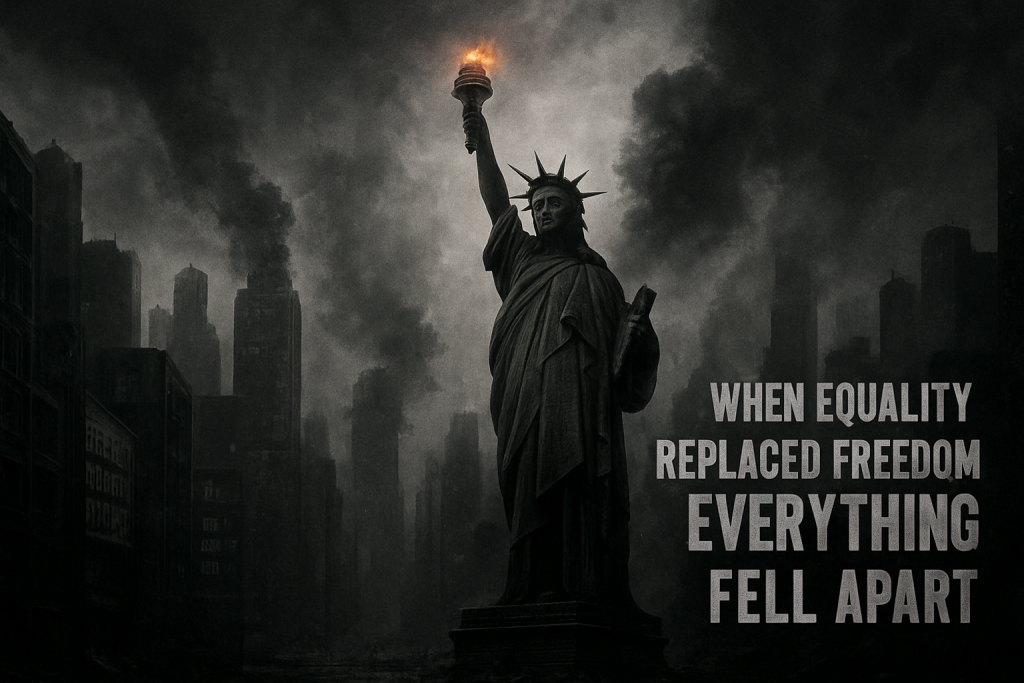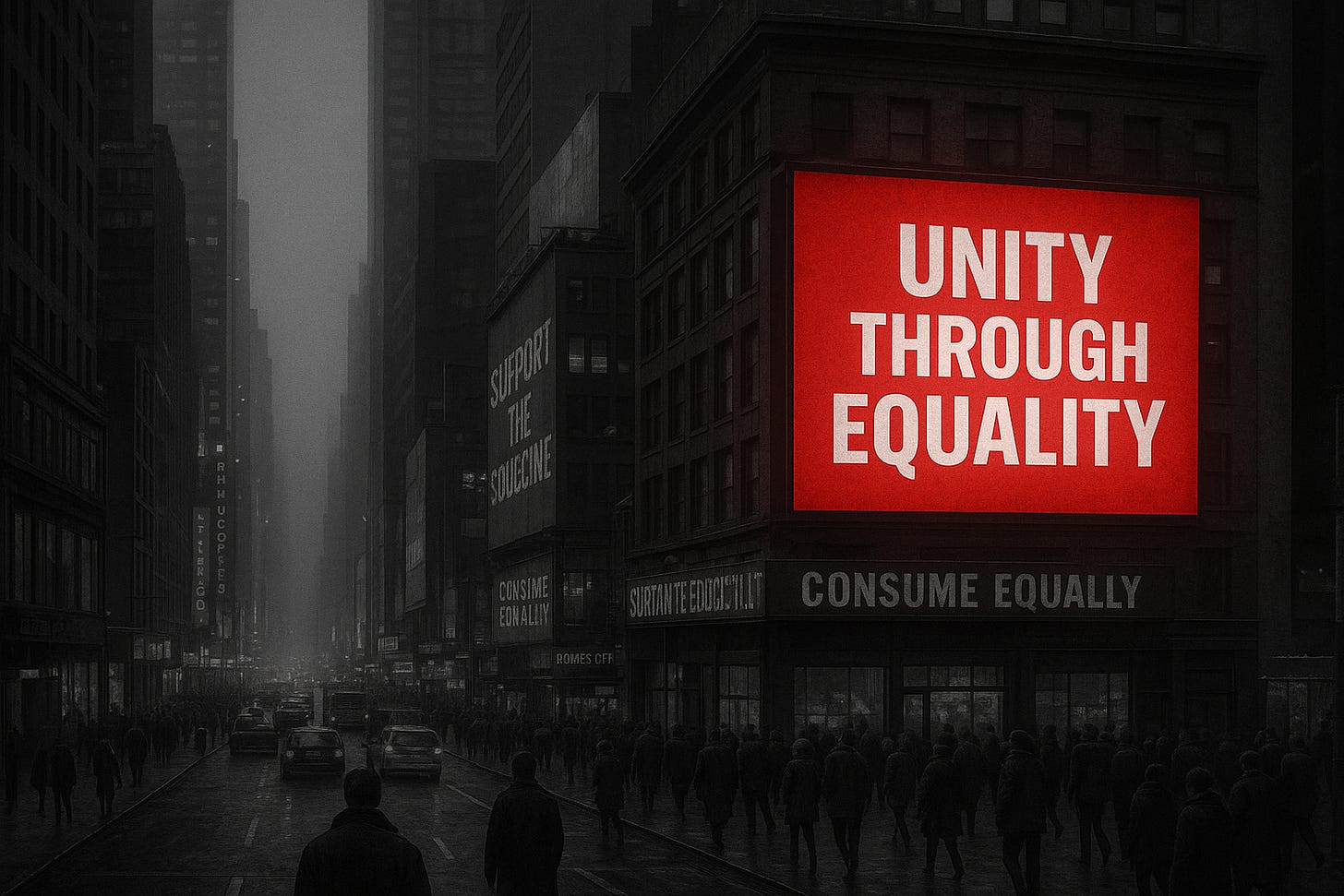Less Echoes, More Challenges
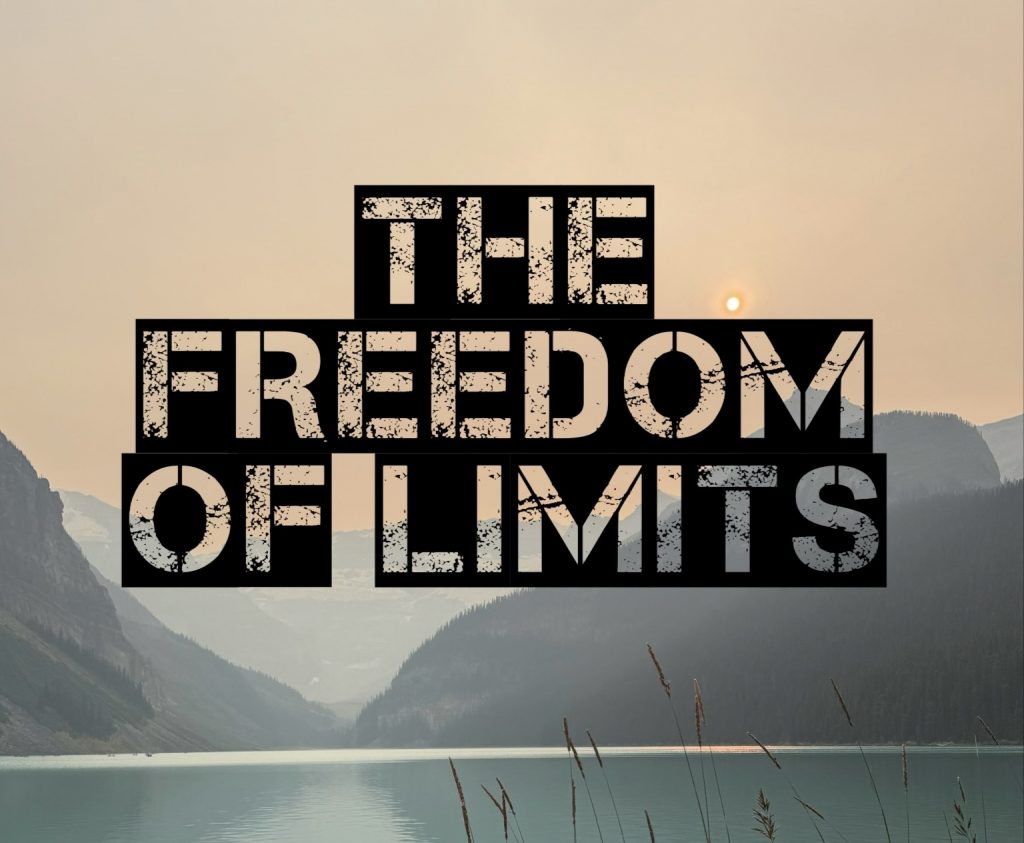
- Jesus Targeted Hearts, Not Systems
- The Freedom of Limits
- Single Awareness Day
- I Forgive You
- Information Correctly Examined
This isn’t one of those articles that brings research, data, science, into the discussion. This one is the eyeball test. What I see, what is working, and what’s not working.
Back Story
When I began officiating college basketball, it was primarily due to how poorly basketball was being officiated. I set out to show it was possible to work hard and be a good referee. I quickly garnered a reputation for, “That’s one of the good ones.” As if to suggest this is rare.
Fast forward. Many years later, I’m serving in a pastoral counseling role at my church when my wife says, “You should consider doing this for a living.” That sparked a desire to understand where the industry was. It didn’t take long to understand that this industry was ideologically captured by group-think minions that dare you to present facts and refuse to test the ideas they espouse proudly.
- Affirm at all costs
- Validate anything and everything
- Make them feel seen and heard so they return
- Don’t challenge them or they will end their own lives and you will be the reason why
This all made no sense to me. If counseling becomes solely a space for affirmation without thoughtful challenge, its value diminishes. Effective therapy involves both validation and constructive confrontation. Helping clients examine assumptions, recognize blind spots, and consider alternative perspectives rather than simply reinforcing existing beliefs.
But that’s just it, we have moved beyond the ability to think critically, but rather homogenously. It’s an incessant drilling of like-minded, echo-chambered mobs with pitchforks daring others to get in their way. “If they believe they’re a microwave, you better find the popcorn button!” But there’s a problem, it simply doesn’t work.
Therapeutic Madness
I recently read an article that made me almost come out of my chair and yell in excitement at the screen, “Yes! That’s what I’m saying!” Skye Sclera’s primary point was how therapy seems to be ideologically homogenous and in denial that another perspective exists. When therapy becomes this rooted in groupthink, it reduces its quantitative reach. And when clinicians struggle to establish clear behavioral limits, clients may interpret this as implicit permission for unrestricted behavioral choices, including those that may be maladaptive or harmful. It’s like a menu that has way too many options. You’re not impressed, you’re overstimulated. That’s because there’s liberty in limits. But good luck telling the therapeutic community that.
The Outcry
Lately, there have been an influx of mothers entering our office making this statement, “I heard you had a man here that talks to teenage boys and knows how to make the rest of our lives more peaceful. Well, I need this guy to see my son. Because he is wreaking havoc on our home and something has to change!” The last five mothers who entered saying this, I accepted as clients. Here are some examples:
New Dad
One comes in, looking everywhere but in my eyes. Talks at me instead of to me. We begin talking about how he ended up in my office (most of my clients are court-ordered). As he states why, I quickly see that this young man doesn’t have a man in his life telling him how to and how not to act in public. So I ask. Nope. No man. So I lean in. “You want to be exactly like your father who is sitting in a prison cell? No? Then you should start acting like a real man. You have a baby on the way. Do you wish to be the dad you never had? Yeah? Then you will need to start acting like a man. So far, you resemble a little boy who argues and fights his way through everything. Men discuss. Men care. Men protect and provide but also nurture and love. You are on your way to being cellmates with your dad if you don’t do something different!” He clearly needed to hear this. Because his mom told him he didn’t have to go to therapy if he didn’t want to. Yet he chose to continue.
Little Boy Syndrome
Another one came in looking down and away, steady RBF. Made it clear he didn’t want any part of this. Again, I leaned in. “Sounds like you wanted to be treated like a man.” He nods yes. “Then you should start acting like one. Men don’t look down when they’re talking to people. Men don’t cuss their mothers. Men don’t sit back and wait for good things to happen. They make good things happen. They initiate. They help. They make everyone’s life around them better because they’re in it. Little boys cause more problems. And you’re causing more problems for your family.”
This particular young man goes back to court. His mother tells the judge about our conversations. Leaves it to the young man where to go for therapy. He says he wants to see me because I’m “different.”
What makes me different? I fully believe it’s because I don’t let them stay where they are.
“Who you are isn’t nearly as important as who you could be. And who you could be isn’t here. So let’s go find him.”
Mom’s Despair
A mother comes in with her arms open. “The last 5 therapists I saw didn’t understand. They validate my son’s anger outbursts. Affirm his rudeness and violent tirades. They say that we must let him feel his emotions fully. Am I going crazy or does that sound like a bad idea?” I then spoke about how young men need structure that’s not sugar-coated but blunt and forward directed. I told her that I believed his previous therapists were trying to exorcise the masculine out of him, assuming that was the demon within, and installing a feminine chip would solve everything. But it won’t.
As I told her some of the strategies I use on teenage boys, she began to cry. But they were tears of joy. For the first time, she encountered feedback that resonated with psychological clarity. Rather than vague reassurance, she heard a formulation grounded in behavioral principles. I spoke of the benefits of structured incentives, consistent boundaries, and predictable consequences. At the same time, supporting his development likely requires a balanced approach. Allowing meaningful autonomy while maintaining appropriate parental guidance rather than granting full control. No one had ever expressed the need for him to be called up, not out.
Quenching the Thirst Using Limits
What I hear is an outcry from both mothers and young men for something real and not ideological. Something that beckons to evolutionary psychology. Something that is a calling card to their given biology. That it’s ok to be masculine. It’s ok to be tough. It’s ok to be angry. It’s ok to be confused. And it’s ok to express emotion.
It’s as if they have been wandering in a desert and someone just gave them a drink of cold water.
This must be how Jordan Peterson felt when he realized how many men were responding to his call to stand up straight, put on your best clothes, look a man in the eye, make your bed, and treat yourself like someone you’re responsible for. I’ve seen many interviews when people ask him to acknowledge this influence and he is reduced to tears. Now I know why. It’s sadness knowing that all they needed was fundamental encouragement to revolutionize their lives mixed with the pure joy of seeing it come to fruition.
I’m seeing it now. Every day. We don’t need more therapists who just nod and validate everything. We need more who actually challenge people. Therapists willing to call out what’s broken and call people up to something better. Ones who aren’t afraid to say the uncomfortable, unpopular truths that actually change lives. Because drowning clients in feelings while ignoring reality isn’t compassion, it’s avoidance. And whether the field admits it or not, a lot of people are starving for someone who will finally be honest with them. But if you ask a therapist, they’ll say these clients are misguided and haven’t found their “true self.” Yes they have. And now I’m normalizing their true self with structure and boundaries. And the evidence is right before me. There’s freedom in limits.
Stay Classy GP!
Grainger


